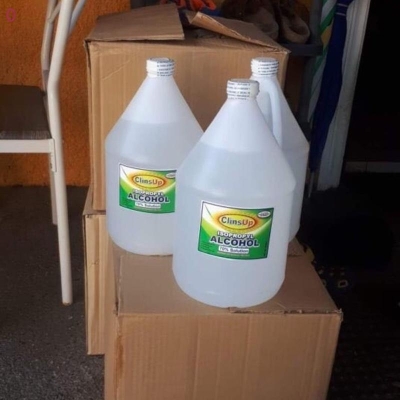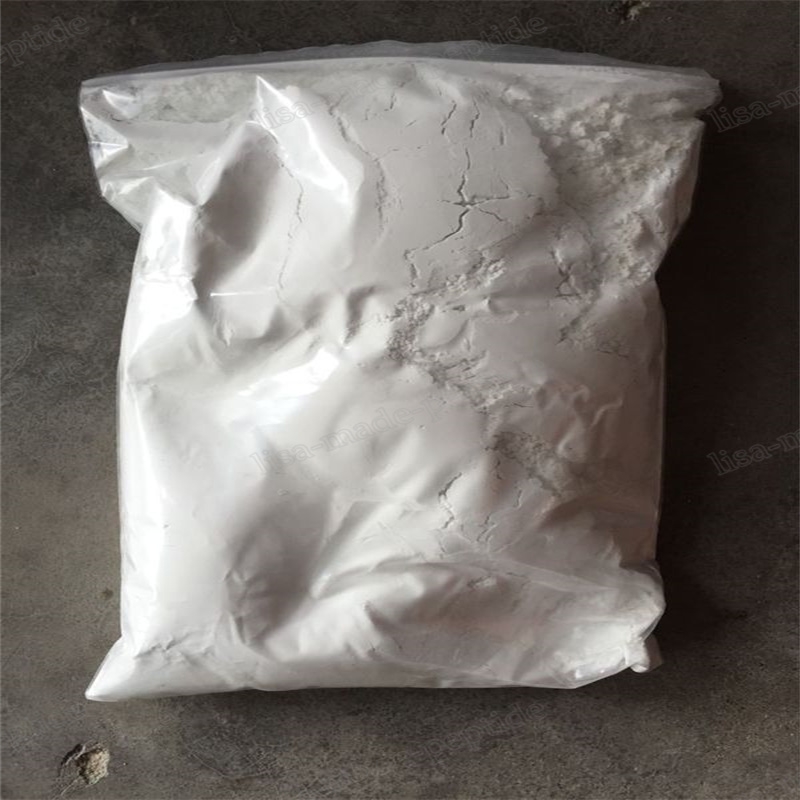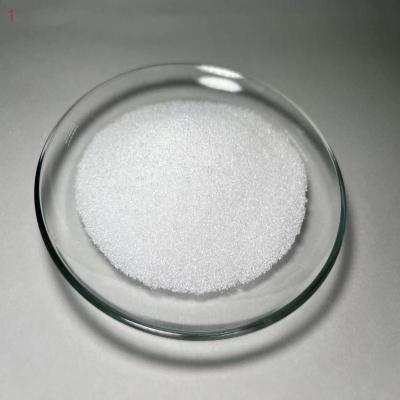-
Categories
-
Pharmaceutical Intermediates
-
Active Pharmaceutical Ingredients
-
Food Additives
- Industrial Coatings
- Agrochemicals
- Dyes and Pigments
- Surfactant
- Flavors and Fragrances
- Chemical Reagents
- Catalyst and Auxiliary
- Natural Products
- Inorganic Chemistry
-
Organic Chemistry
-
Biochemical Engineering
- Analytical Chemistry
-
Cosmetic Ingredient
- Water Treatment Chemical
-
Pharmaceutical Intermediates
Promotion
ECHEMI Mall
Wholesale
Weekly Price
Exhibition
News
-
Trade Service
Recently, the European energy crisis has intensified, and Russia has now partially or completely cut off natural gas
for 13 EU member states.
In order to alleviate soaring energy prices, European Commission President von der Leyen proposed that power generation companies are making huge profits, such profits must be shared" and other views, and suggested that energy pressure
be alleviated by reducing overall electricity consumption by 10%, setting revenue caps for power companies, and replenishing excess money to consumers.
The impact of the gas crisis on Europe is quite deep, the European chemical industry is huge on natural gas, before the EU has been a draft of reducing natural gas consumption by 15%, and now there is a proposal to reduce the overall electricity consumption by 10%, but it is almost unrealistic to reduce civil electricity, industrial electricity, gas consumption is more likely, and European industrial production may have a huge impact
.
Production capacity has shrunk sharply, and European giants have been forced to reduce production and shut down!
Under the dual pressure of raw material shortage and high cost, European chemical giants have also been forced to start reducing production or even shutting down, including international chemical giants
such as Dow, Covestro, BASF and LANXESS.
BASF: Ammonia has started purchasing ammonia, rather than producing ammonia, to reduce natural gas consumption at its Ludwigshafen plant, and 300,000 tons/year TDI capacity could also be affected
.
Radici: Announcing the force majeure of resins and adipic acid produced at its plant in Novara, Italy, and temporarily suspending two PA66 production units at the plant, it said that the shortage of supply, technical problems and the current high cost of energy and natural gas prices in Europe are the main reasons for
the force majeure event.
Dunkirk Aluminum: It has already cut production by 15% and may subsequently reduce production by 22%, mainly due to the shortage of electricity supply and high electricity prices in
France.
Total Energy: Downtime and overhaul of its 250,000 tons/year cracking unit in Feyzin, France;
Covestro: Plants in Germany may face the risk of closing chemical production facilities or even entire plants;
Wanhua Chemical: The 350,000 tons/year MDI plant and the 250,000 tons/year TDI plant in Hungary have been discontinued in July this year;
Alcoa: Aluminium smelters in Norway will cut production by one-third
.
On the one hand, the production cost is too high, on the other hand, there is not enough energy in the production process, and some products lack key raw materials, which have led the giants to make the same choice - to reduce production, but in fact, there is another way, do not produce, directly from other places to buy the required products, BASF is doing
this.
The energy crisis has put great pressure on European chemical production, due to the soaring price of natural gas, the German chemical giant BASF has also begun to buy ammonia instead of producing ammonia, which also shows that energy and gas-intensive products have begun to appear import substitution, if the energy problem continues, due to cost pressures, BASF has further production cuts or even supply cuts
.
Affected by energy, Sun-Tox recently announced that it will raise the price of the company's OPP membrane and CPP film products from October 21, with a specific increase of more than
200 yen (about 9798 yuan).
On September 16, Mitsubishi Chemical announced that it will increase the price
of transparent metallized PET films from October 1.
On the same day, Mitsubishi Chemical issued another letter announcing that it will increase the price of all products of the resin modifier "METABLEN" from October 3, the specific increase is:
The domestic market rose by more than 30 yen/kg (about 1470 yuan/ton);
Overseas markets rose more than
$0.
Since the end of August, almost all of Japan's large chemical companies have started to soar as if they had agreed!
Denka polyvinyl alcohol PVA, Mitsubishi chemical PS\PET and other film products and raw materials, UBE synthetic rubber, Toray polyester film, Toyobo PET PA and other packaging films.
The reason for the increase in prices is that the price of raw materials has risen, which also reflects the impact of the global energy crisis on relatively resource-poor regions like Japan, and if the energy shortage continues, more and more countries may join the wave of
price increases.
The reduction and suspension of production of European chemical plants will cause a large gap in the supply of chemicals, which will further lead to the high price of some chemicals in Europe and the widening
of the price gap between China and Europe.
At present, China's chemical production accounts for about 40% of the world's total, and the supply of Europe is cut off, or it will provide opportunities for factories in China to enter the market, or expand China's share
of the polymer monomer/intermediate market.







